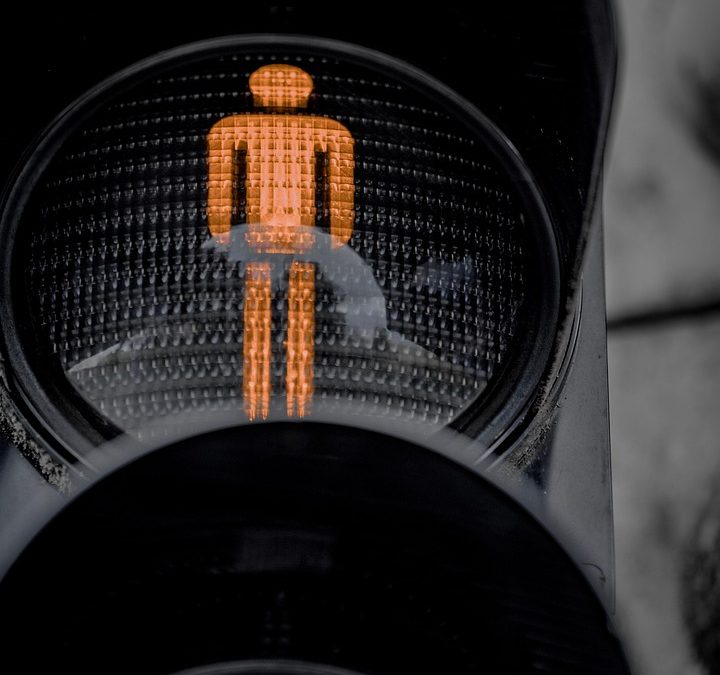When driving across state lines, many people wonder if their traffic violations will follow them home. The truth is, states do share information about traffic violations, but there are limits to what they can do. Understanding how this works can help you navigate police interactions with confidence and safety.
How States Share Traffic Violation Information
The Driver’s License Compact (DLC) is an agreement between states to share information about traffic violations, including out-of-state offenses. Currently, 45 states and the District of Columbia are part of the DLC. This means that if you receive a traffic violation in one state, the information will likely be shared with your home state and any other state you drive in.
Your Rights During a Traffic Stop
During a traffic stop, it’s essential to remember that you have rights, even if you’re driving in another state. The Fourth Amendment protects you from unreasonable searches and seizures, and you have the right to remain silent and ask for an attorney. If an officer asks to search your vehicle, you have the right to refuse, and they will need a warrant or probable cause to proceed.
Here are some practical tips to keep in mind during a traffic stop:
- Stay calm and respectful. Avoid arguing or becoming confrontational.
- Keep your hands visible and avoid sudden movements.
- Provide required identification and proof of insurance, but avoid volunteering additional information.
- If you’re unsure about what to do, ask if you’re free to leave or if you’re being detained.
Asserting Your Rights Without Escalating the Situation
It’s crucial to assert your rights without putting yourself or the officer at risk. Remember, the goal is to resolve the situation safely and efficiently. If you’re unsure about your rights or the officer’s actions, ask clarifying questions or seek guidance from a supervisor.
“The right to be let alone – the most comprehensive of rights and the right most valued by civilized men.” – Louis Brandeis, Supreme Court Justice
In conclusion, while states do share traffic violation information, it’s essential to understand your rights during a traffic stop. By staying calm, knowing your rights, and asserting them appropriately, you can ensure a safe and respectful interaction with law enforcement. Remember to stay informed about local laws and regulations, and always prioritize safety and de-escalation.
The information at Observed.Org may not pertain to every jurisdiction. It is YOUR responsibility to know your rights and observe them. Nothing here should be considered legal advice.

